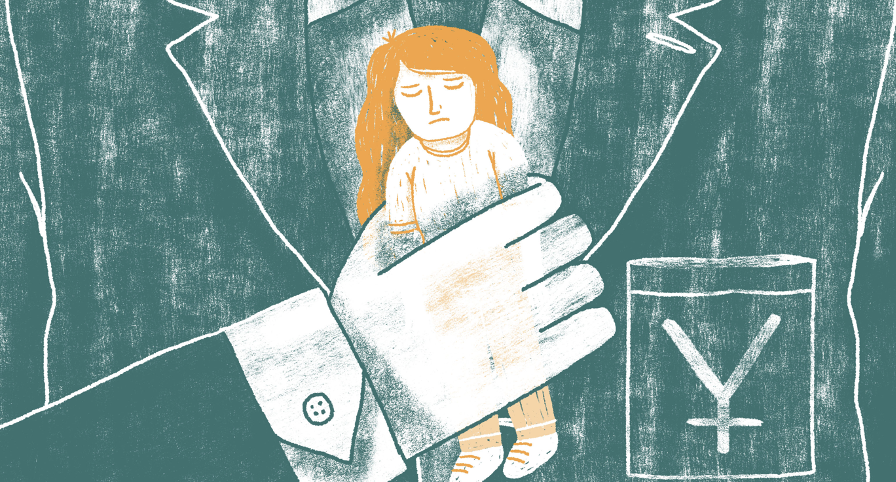Mowing the Lawn: What Anti-Rights Narratives did for Spring Fever
The Justice for Prosperity Foundation (JfP) conducted this research to expose the covert operations of anti-rights actors targeting Comprehensive Sexuality Education (CSE) and Sexual and Reproductive Health Rights (SRHR) in the Netherlands, as well as the role that the Netherlands is involved within this topic internationally. This report aims to reveal how these actors strategically erode democratic principles and polarise society, empowering the public to recognise the influence of misinformation on CSE and SRHR. By focusing on the Dutch context, JfP seeks to bolster democratic resilience and protect inclusive education against subversive attacks.
Globally, the rise in anti-SRHR rhetoric reflects a more extensive backlash against progressive rights, marked by rising nationalism and populism.
This international trend, which includes coordinated efforts by ultra-conservative groups, has reshaped the discourse on human rights, creating obstacles towards democratic principles. In the Netherlands, these actors manipulate concerns around parental rights and social norms to incite opposition to CSE. The report details how they capitalise on public sentiment, aligning divisive narratives with ‘neutral’ values to restrict inclusive education subtly and effectively. The features within Justice for Prosperity’s WhoDis AI Tool, as this tool allows the user to understand not only the spread of hate speech across time and how hate speech is shared but also how language manipulation is used by anti-rights actors to strategically reframe negative language’ to ‘positive language’ to legitimise their agenda. This tactic uses targeted language and specific terminology to target the discourse surrounding issues in their favour, twisting language to align with their ideology and avoiding detection online, intending to exacerbate societal polarisation by shifting narratives as part of creating a power-oriented discourse to influence public perception due to the context surrounding the topics used.
Narratives portraying CSE as harmful or inappropriate have sparked debate and misinformation in the Dutch landscape. JfP’s investigation highlights how these actors leverage social media and offline campaigns to target Rutgers, the primary CSE provider in the Netherlands, particularly during events like Lentekriebels (Spring Fever week). This historically uncontroversial campaign faced unprecedented backlash in 2023 due to organised disinformation, which influenced parliamentary discussions on CSE funding and legitimacy.
This report underscores the importance of protecting CSE and SRHR funding and outlines the role of JfP’s WhoDis tool, which tracks disinformation patterns across platforms. By monitoring social media language and identifying influential actors, the WhoDis tool provides insights into the network of anti-rights campaigns aimed at CSE. Through this research, and thanks to SIDN Fonds for allowing this project to happen, JfP hopes to raise public awareness and offer actionable insights to policymakers, civil society, and communities, equipping them to counter these narratives and defend democratic values effectively.

Source: El País (2024).
Please read the report below:

